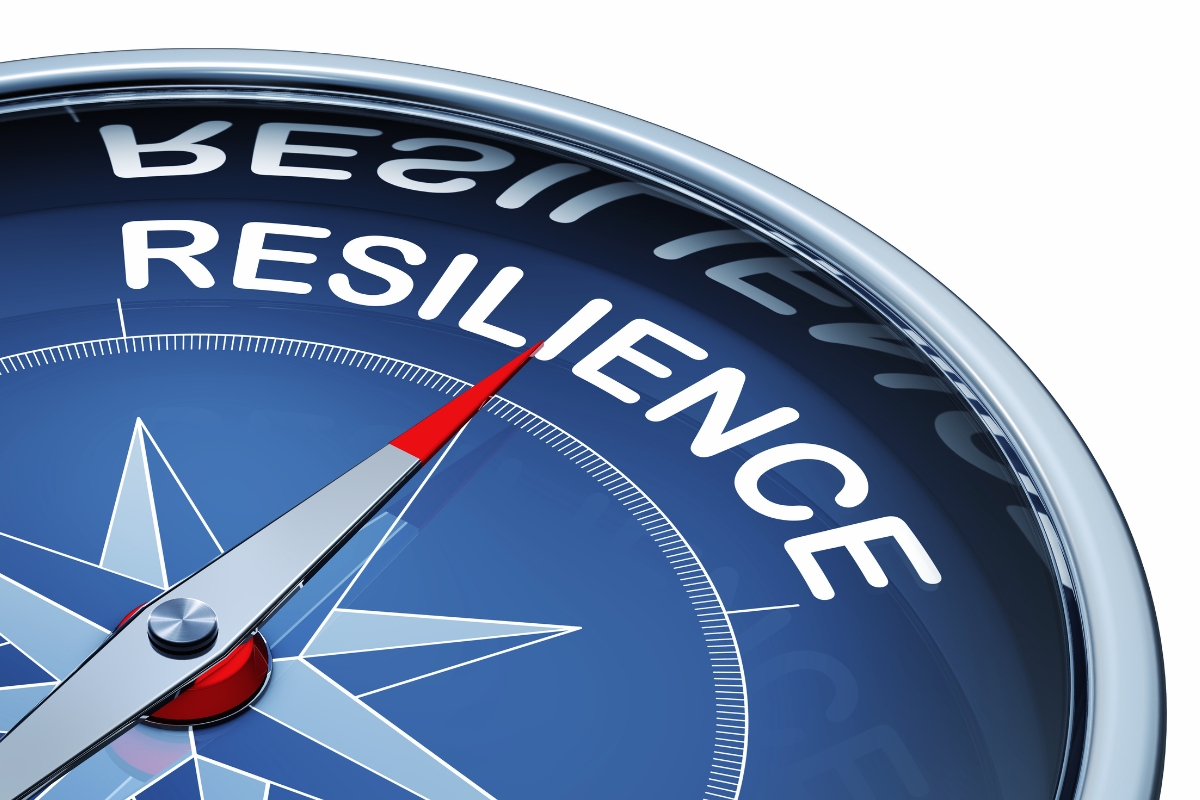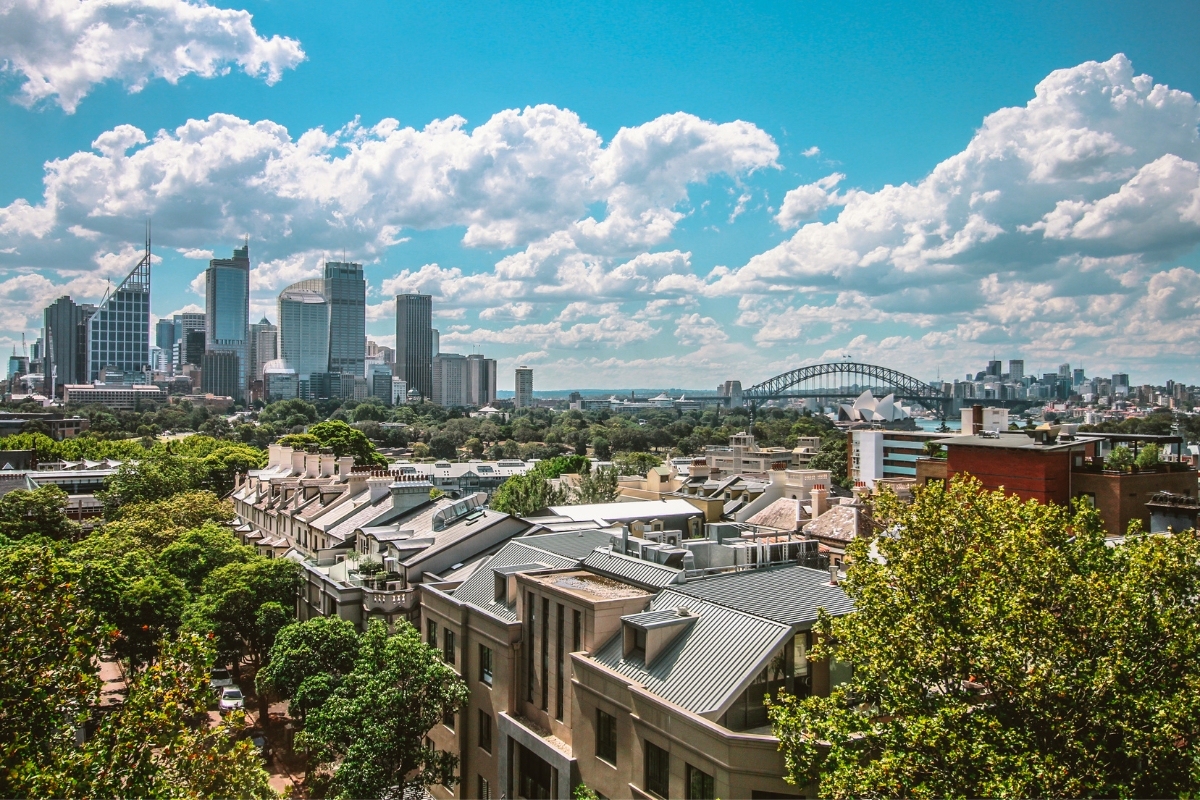Omraniyat is a leader in using modern technology in geospatial analysis, artificial intelligence, automated models and new state of the art methods. The services contain but not limited to the following areas

Growth scenarios
Developing alternative plausible scenarios for how a city, region or country might develop over time based on different policies, investments, partnerships or other variables. Scenarios enable exploring consequences of choices, identifying unintended impacts, pinpointing tipping points or trade-offs and determining the robustness of strategies under uncertainty. They provide structured “what if” analysis to support adaptive planning and management.

Visualization
Applying visualization techniques to convey planning concepts, data, strategies, proposals, processes, relationships, trends or scenarios in an intuitive and impactful manner for both technical experts and non-expert stakeholders. Visualization facilitates understanding, engagement, evaluation, persuasion and improved cognition/decision making. Tools include maps, diagrams, graphics, virtual reality, etc.

Urban economies
Analyzing the economic systems, industries, jobs, finances, opportunities and impacts within cities to develop evidence-based strategies for driving prosperity, equity, sustainability, resilience and livability. Analysis evaluates economic base, competitive advantages, industry clusters, workforce needs, fiscal flows, costs of living/doing business and distribution of benefits across groups. It informs policy, investment, partnership and design decisions with economic rationale.
Land and real estate
Developing a realistic investment strategy and roadmap with clear milestones and timeframes. This could include goals for number of properties acquired, rental income generated, equity buildup, capital gains, etc. The team also reviews and revise the strategy periodically based on market conditions.

Municipal finance
Advising on allocation of limited financial resources to fund competing priorities, ensuring fiscal sustainability, evaluating costs/benefits of investments, finding efficiencies, reducing waste and improving financial management. Finance guidance helps maximize impact, leverage diverse funding sources, build resilience to economic shocks, fund priority actions and maintain essential services despite constraints.

Smart cities
Exploring and implementing technologies that enhance data-driven, participatory and collaborative approaches to planning and governance. This includes sensors, IoT, AI, mobility data, social media, engagement platforms, open data policies, interoperable systems and partnerships with tech companies. Smart city initiatives aim to gain deeper insights, improve responsiveness, enhance transparency/accountability, optimize operations and facilitate innovation through the innovative use of technology.

Resilience
Conducting risk/vulnerability assessments, scenario planning and developing strategies/policies/programs aimed at addressing imminent and future challenges while maintaining essential functions. A resilience lens prepares communities for impacts of disasters, economic crises, public health issues, climate change and other threats to prosperity, equity, sustainability, health/safety and quality of life, with a focus on anticipating risks, absorbing shocks and rapidly adapting/recovering to continue progressing toward shared aims.

Urban observatories
Developing systems to collect, integrate, analyze and share data/information to monitor progress, gain evidence-based insights, evaluate policies/programs/projects and inform data-driven/ adaptive planning and management. Omraniyat team can support local and national observatories in taking an integrated, outcome-focused approach, using visualization, metrics, feedback loops, scenario analysis and participatory methods to facilitate learning, partnership, policy response and continuous improvement over the long run based on a multidimensional understanding of progress, issues and opportunities.

Urban Studies Lab
Our Team has extensive experience in designing, establishing and operating urban labs including partnering with benchmark studies and innovations design solutions. The team integrates planning issues with design components. The Team employs approaches of inclusion of potential partners, stakeholders, local communities and funding strategies in designing and implementing local projects.

